Introduction: Why I Compared the DYU FF500 and Fiido M1 Pro
Over the past few years, I’ve tested a wide range of electric bikes—commuter models, mountain bikes, folding bikes, and everything in between. Among the most talked-about in the folding fat-tire category are the DYU FF500 and the Fiido M1 Pro.
Both are designed to give riders the flexibility of a foldable frame combined with the stability of wide 20-inch fat tires. They look tough, promise solid performance, and target riders who want one bike for both city and off-road adventures.
I decided to ride them both extensively to see which one truly delivers. In this article, I’ll break down my real-world experiences and give you an honest recommendation.
Power, Battery and Real-World Range

On paper, both e-bikes pack strong motors and batteries:
| Feature | DYU FF500 | Fiido M1 Pro |
|---|---|---|
| Motor | 500W peak (250W nominal in EU/UK) | 500W (torque ~55 Nm) |
| Battery | 48V 14Ah (672 Wh, LG cells) | 48V ~12Ah (556 Wh) |
| Claimed Range | ~70 km | ~85–90 km |
| Charging Time | 7–8 hours | ~7 hours |
Now, let’s talk about what those numbers actually mean in practice.
During my test rides, the DYU FF500 consistently delivered around 55–60 km on a single charge, even when I carried a backpack and rode over hilly terrain. The Fiido M1 Pro did well too, but its real-world range was closer to 50–65 km for me. The difference wasn’t massive, but I felt the DYU’s larger battery gave me a bit more confidence for longer trips.
However, Fiido had one advantage: it felt slightly more efficient on flat roads at lower assistance levels. If you’re lighter and mostly ride on smooth pavement, you might squeeze more kilometers out of the Fiido.
👉 If you want to dive deeper into how e-bike batteries work and how range is calculated, I recommend this practical guide from Electric Bike Report.
Ride Comfort and Handling on Different Terrains
Comfort is where fat-tire e-bikes shine. Both models use 20” x 4” fat tires, which give excellent grip and stability. But the differences became clear once I took them onto gravel paths and uneven roads.
The DYU FF500 felt sturdier and more planted. The front suspension absorbed bumps well, and the overall frame design gave me confidence on rougher surfaces. When I pushed it through a forest trail, it handled roots and small rocks without much drama.
The Fiido M1 Pro, on the other hand, is a bit lighter and easier to maneuver. On city streets, that meant it felt quicker and more agile. But when I rode it on looser gravel, I noticed a bit more bounce and less stability compared to the DYU.
So, in short: if your rides are mostly urban with the occasional park shortcut, the Fiido’s lighter feel might suit you. But for mixed terrain and heavier use, the DYU comes across as more solid.
For a deeper overview of how fat-tire bikes behave, check out this article from BikeRadar.
Practicality: Weight, Folding, and Daily Use

Here’s where the trade-offs get interesting.
The DYU FF500 weighs around 31 kg. It folds, yes—but carrying it up stairs or loading it into a car trunk is still a workout. Its strong build and bigger battery contribute to the extra weight.
The Fiido M1 Pro is lighter, roughly 26–27 kg depending on the version. When I folded it and lifted it into my small hatchback, it was noticeably easier. For anyone who regularly needs to fold and transport their bike, this difference is worth thinking about.
Still, I wouldn’t call either of these bikes “portable” in the same way a smaller 16-inch folding e-bike would be. They fold for convenience in storage and transport, not for daily carrying. If portability is your top priority, you might want to look at smaller folding e-bikes instead, such as those covered in this Practical E-Bike Guide.
Safety, Maintenance, and Long-Term Value
Both bikes come with disc brakes, which are essential on heavy fat-tire e-bikes. The Fiido M1 Pro now comes with hydraulic brakes in many regions, which offer smoother stopping power than the DYU’s mechanical setup. That’s a point in Fiido’s favor.
When it comes to durability, though, I lean toward the DYU FF500. The frame feels more robust, and the use of LG cells in the battery gives me confidence in long-term performance. I’ve had cheaper battery packs fail early in other bikes, so quality cells are a detail I really value.
Water resistance is another factor. Both bikes advertise protection against light rain and splashes, but I was more comfortable riding the DYU in wet conditions—it just felt better sealed and sturdier overall.
Maintenance-wise, the Shimano 7-speed gearing on both is easy to service. But at 150 kg payload capacity, the DYU is built to handle more weight and cargo, which may reduce wear and tear if you’re a heavier rider or carry groceries often.
Conclusion: My Honest Take on Which One I’d Recommend

Both the DYU FF500 and the Fiido M1 Pro are capable folding fat-tire e-bikes. After riding them side by side, here’s how I see it:
- Fiido M1 Pro: Lighter, easier to fold and transport, slightly more agile in city riding, and hydraulic brakes are a nice touch.
- DYU FF500: Stronger battery, sturdier frame, higher payload capacity, and overall feels more durable for long-term ownership.
I can’t say the Fiido is a bad choice—it’s a solid bike, especially if portability matters to you. But if I had to choose one for myself and for most riders I know, I’d go with the DYU FF500. It may be heavier, but it inspires more confidence, handles rougher conditions better, and simply feels like it will last longer.
Final Thoughts
If you’re considering either of these bikes, think about your daily use:
- Do you need to carry your e-bike up stairs or load it into a car often? Then the Fiido M1 Pro might fit better.
- Do you value strength, durability, and a little extra range for peace of mind? Then the DYU FF500 is the smarter choice.
At the end of the day, the best e-bike is the one that matches your lifestyle—not just the one with the flashiest numbers on the spec sheet.
👉 Ready to explore more? Check out your local e-bike dealers for test rides, or browse online communities to hear from real riders. And if you’ve already tested either the DYU FF500 or Fiido M1 Pro, I’d love to hear your experiences—share them in the comments or send me a message!
FAQ
1. Which bike has better range, the DYU FF500 or Fiido M1 Pro?
In real-world riding, the DYU FF500 usually lasts a bit longer, especially on mixed terrain, thanks to its larger battery.
2. Is the DYU FF500 practical for daily commuting?
Yes, it works well for commuting, especially if you ride longer distances or need extra power. The only drawback is its weight, which makes it less convenient if you have to carry it often.
3. Which bike is more comfortable on rough terrain?
Both use fat tires and suspension, but the DYU FF500 feels sturdier and more stable off-road, while the Fiido is more agile in city riding.
4. Do both bikes meet EU/UK e-bike regulations?
Yes, both are sold in compliant 250W / 25 km/h versions. However, they can deliver higher peak power outside regulated regions.
5. Which one should I buy if I want long-term durability?
Both are good, but the DYU FF500’s robust frame and LG battery cells give it an edge for riders who want strength and reliability over time.

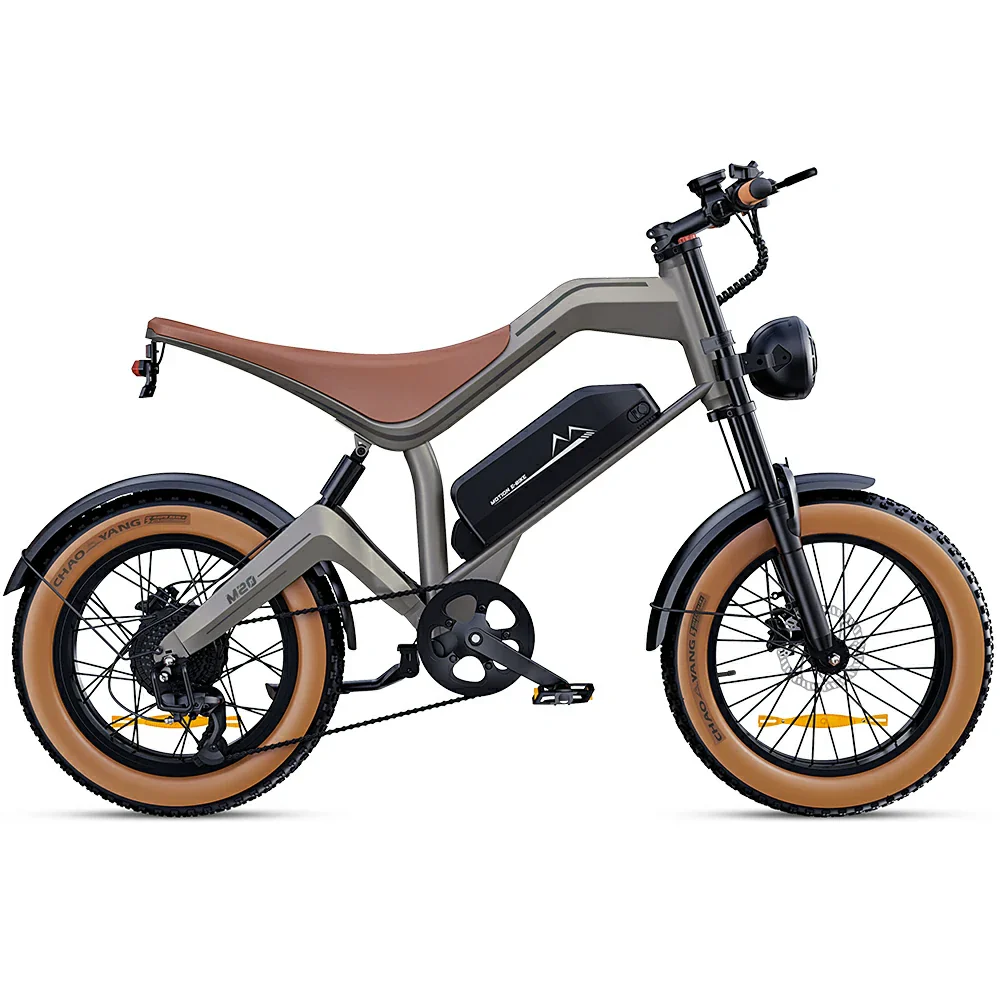
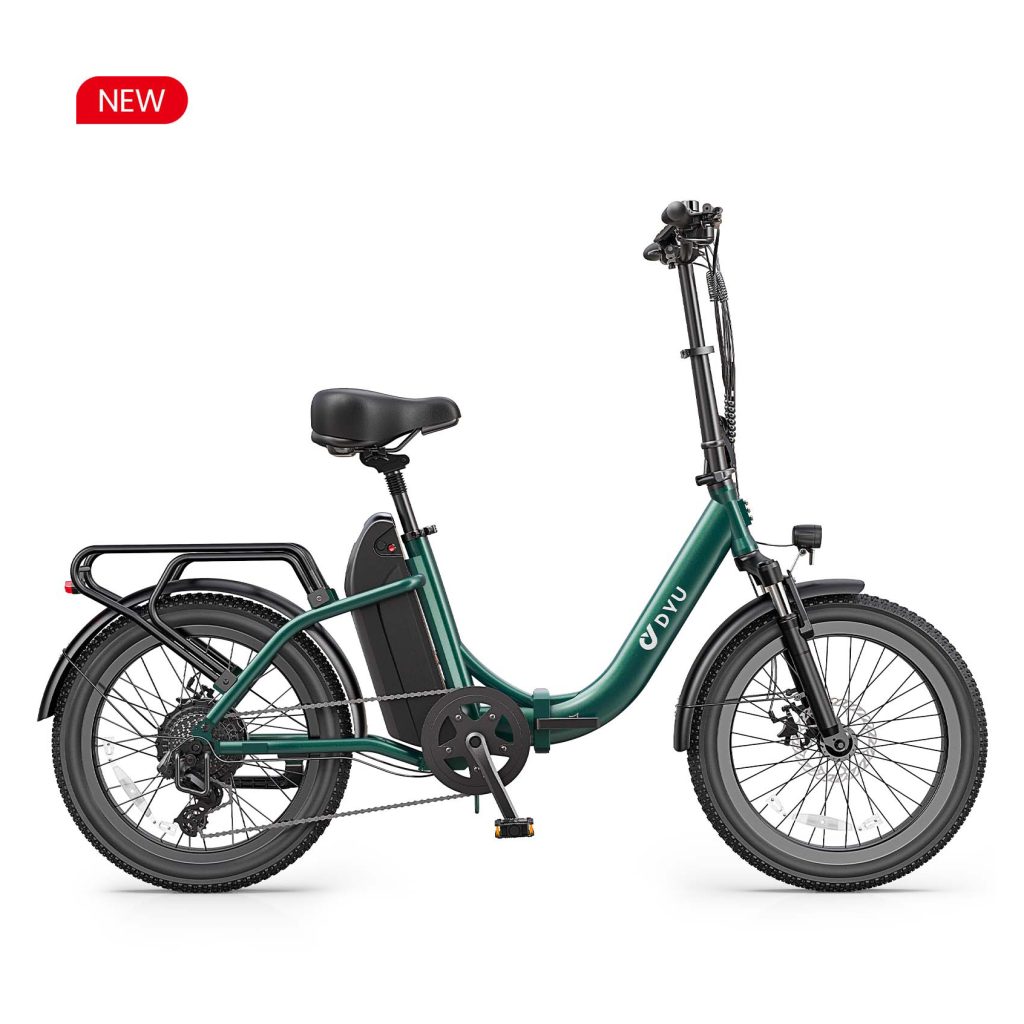
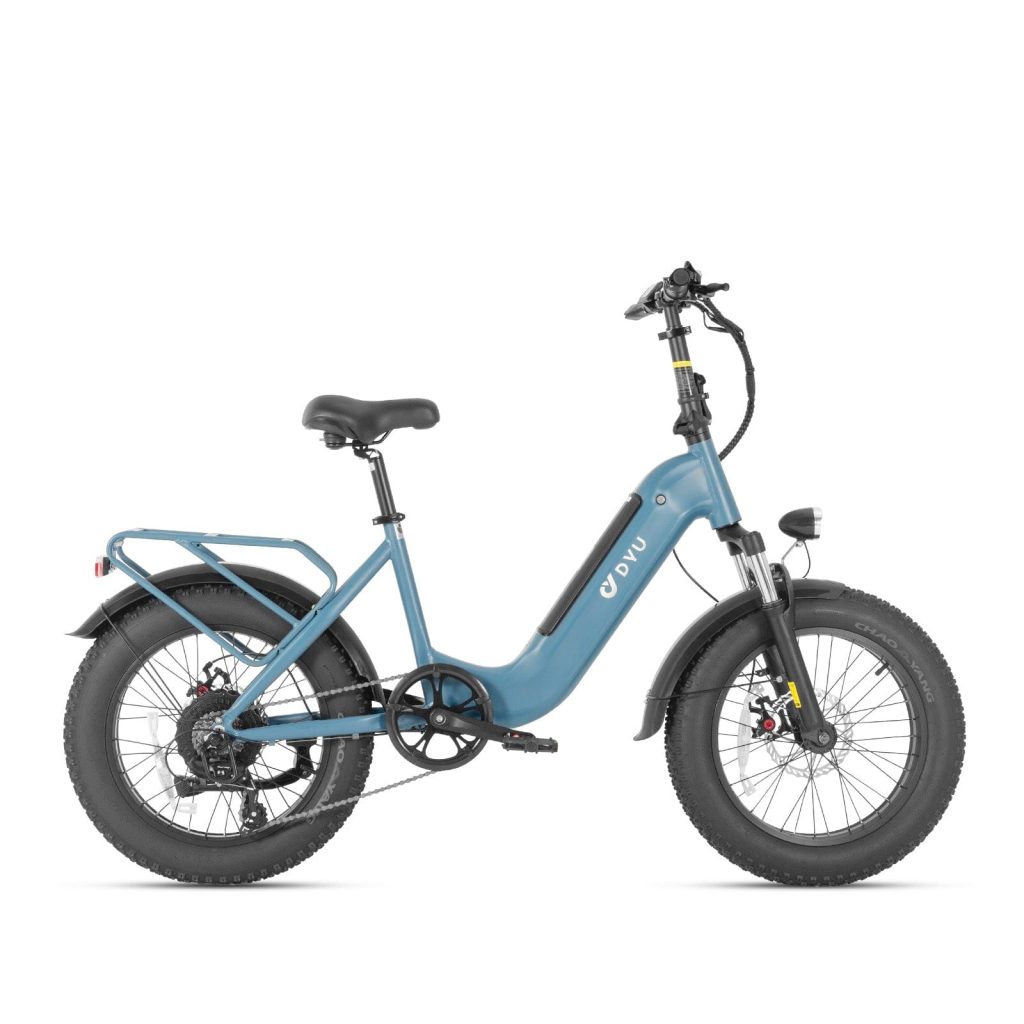
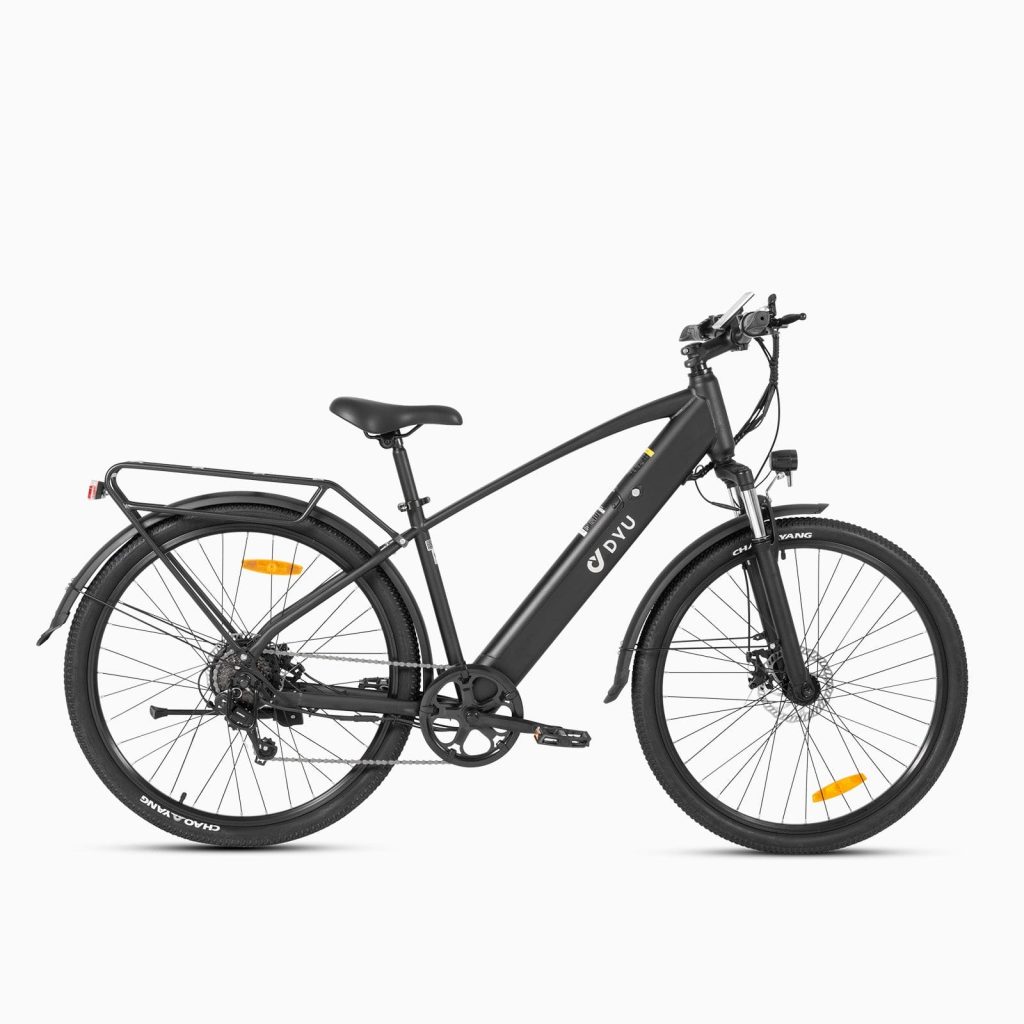
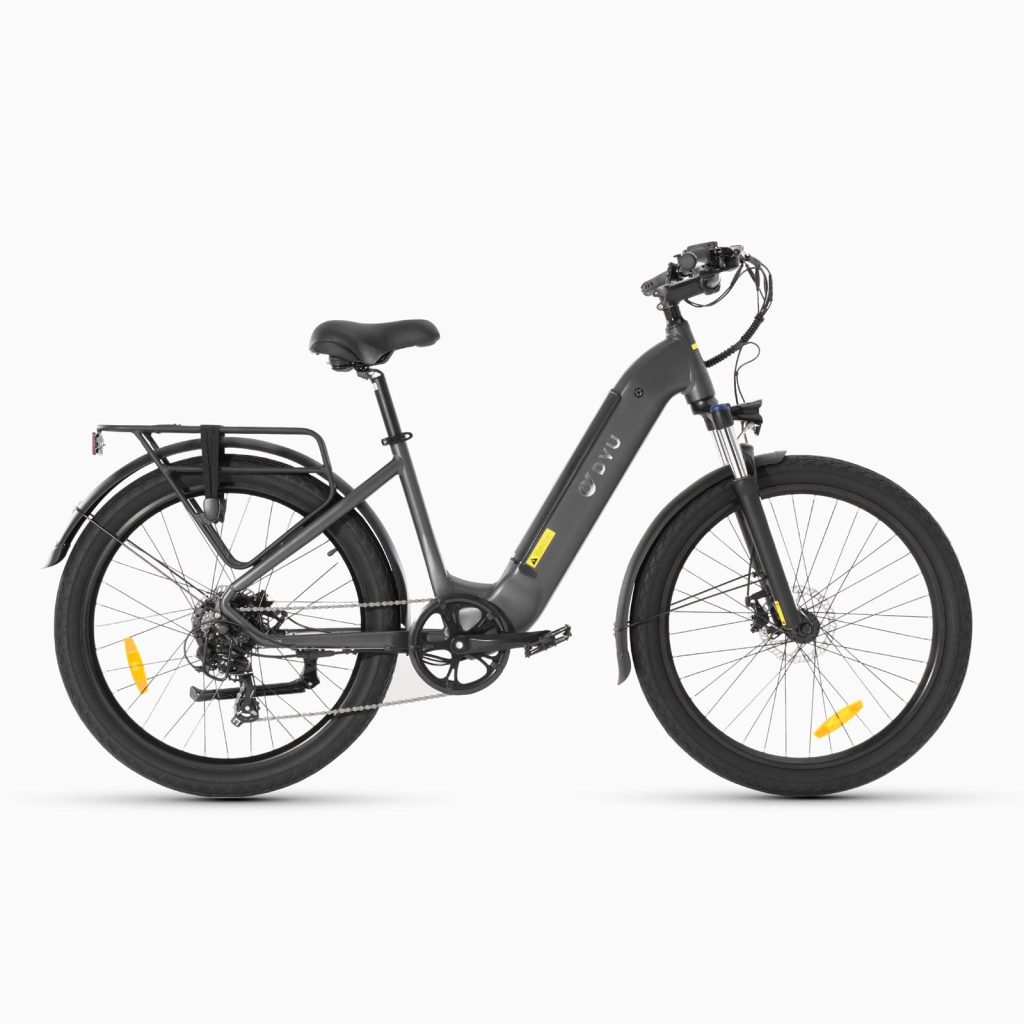
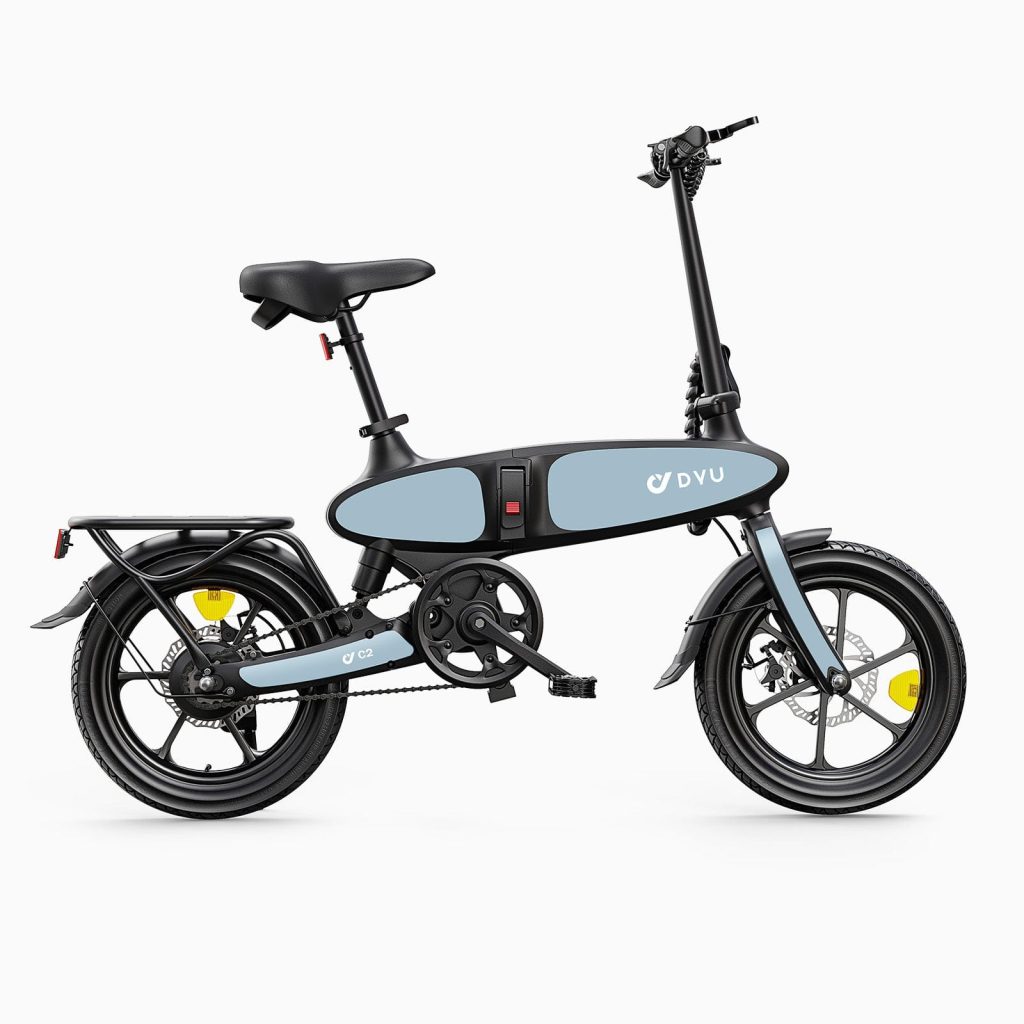
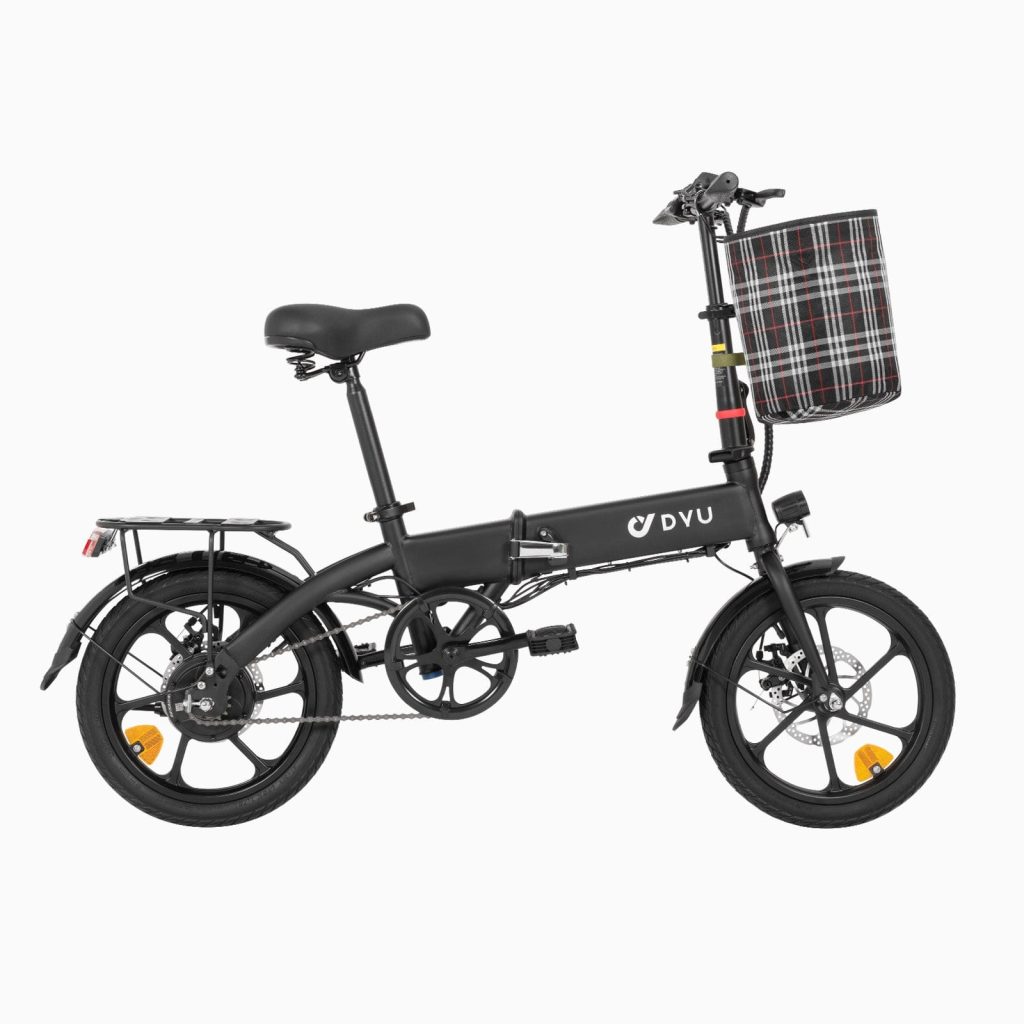
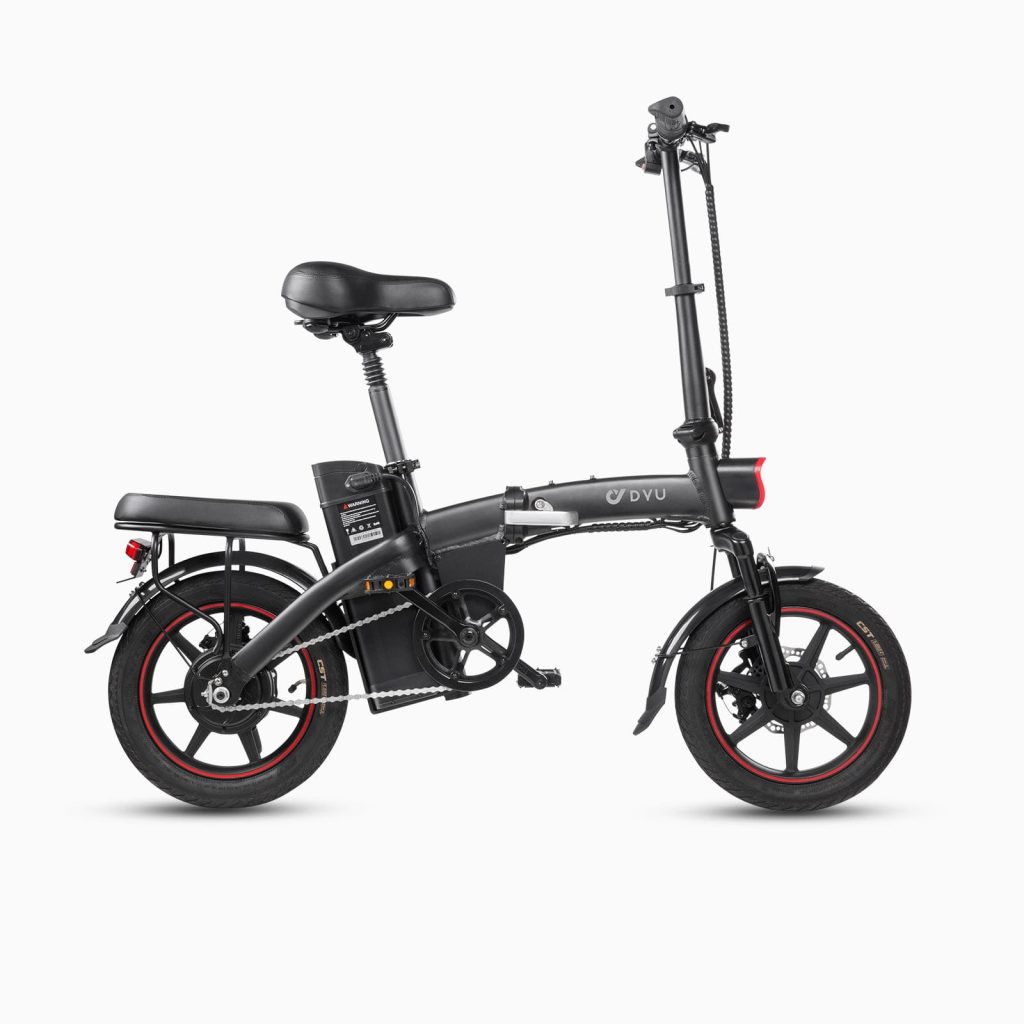
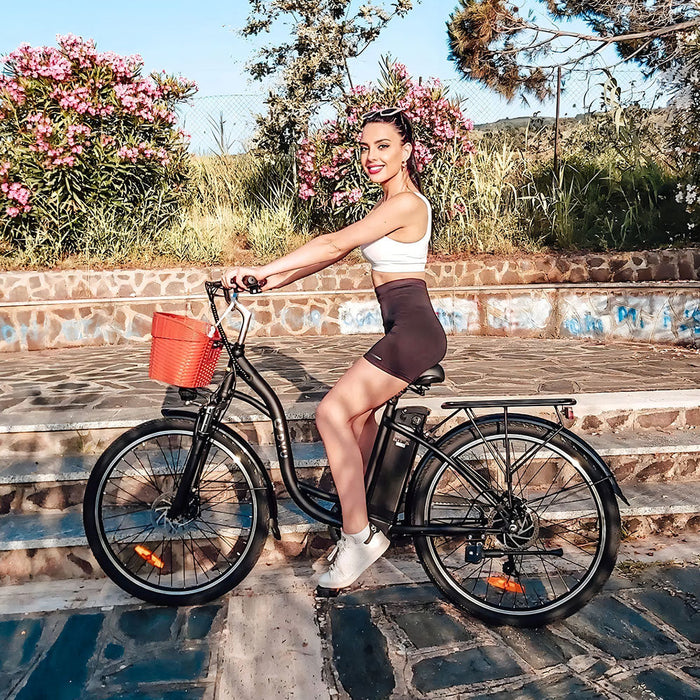
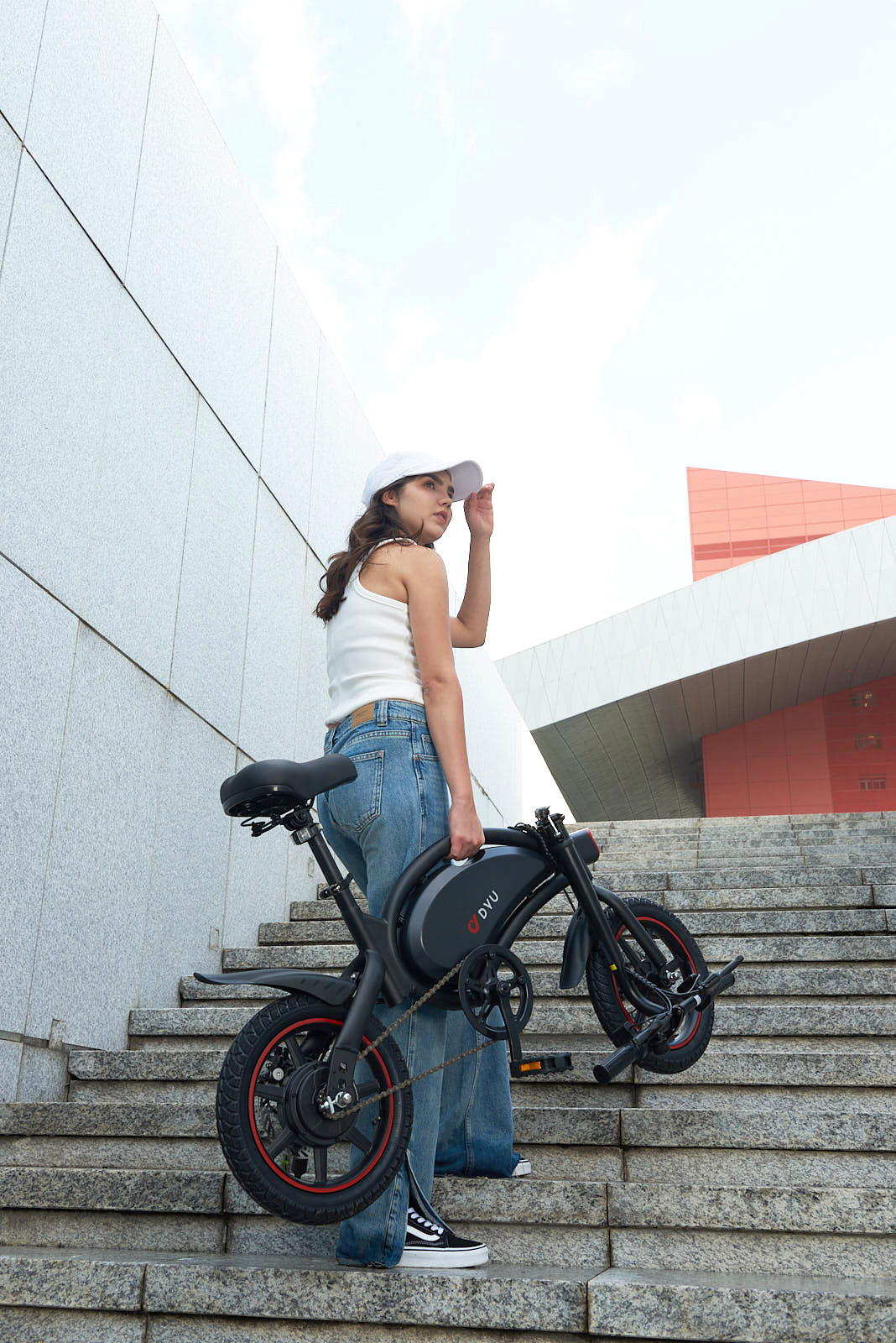
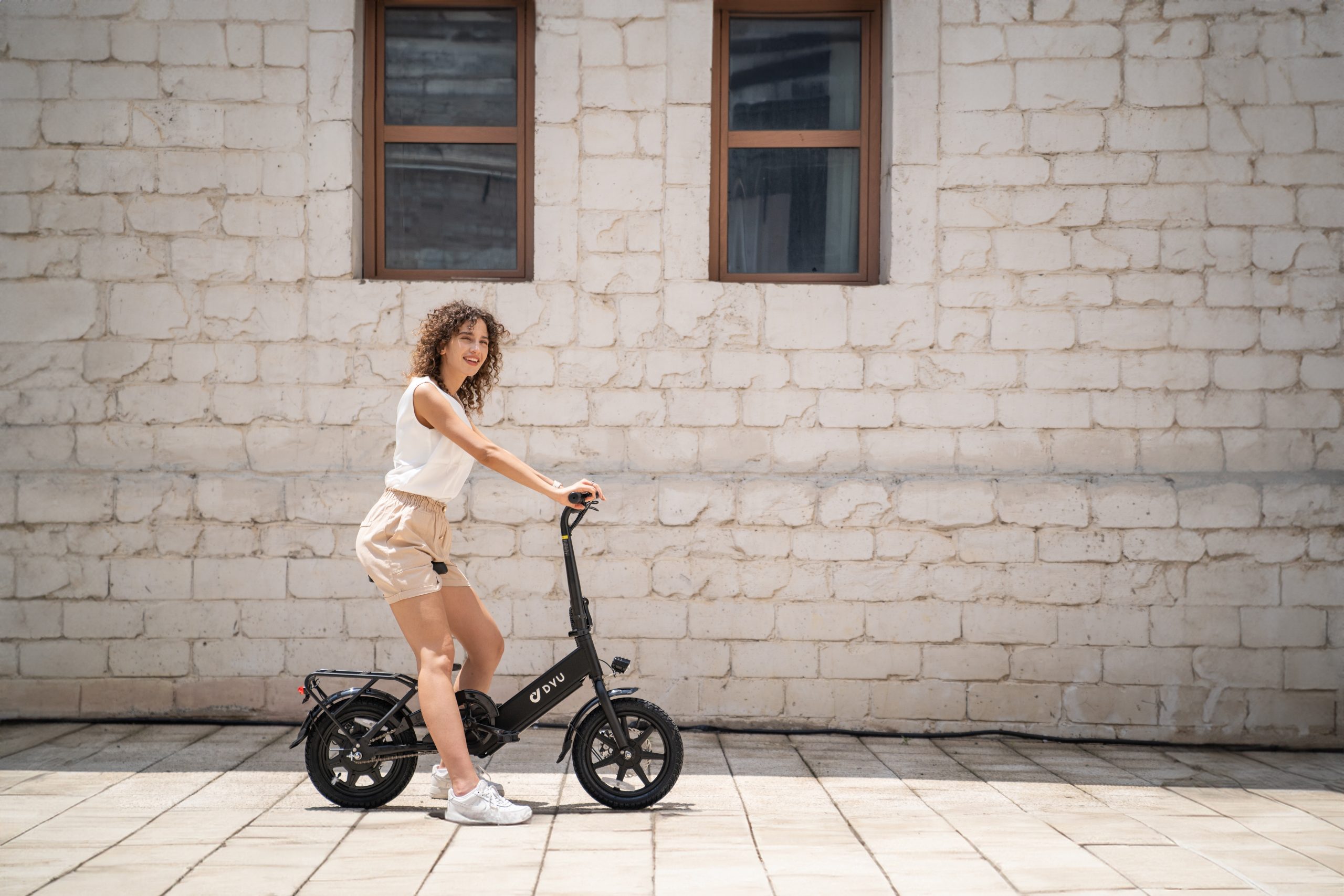
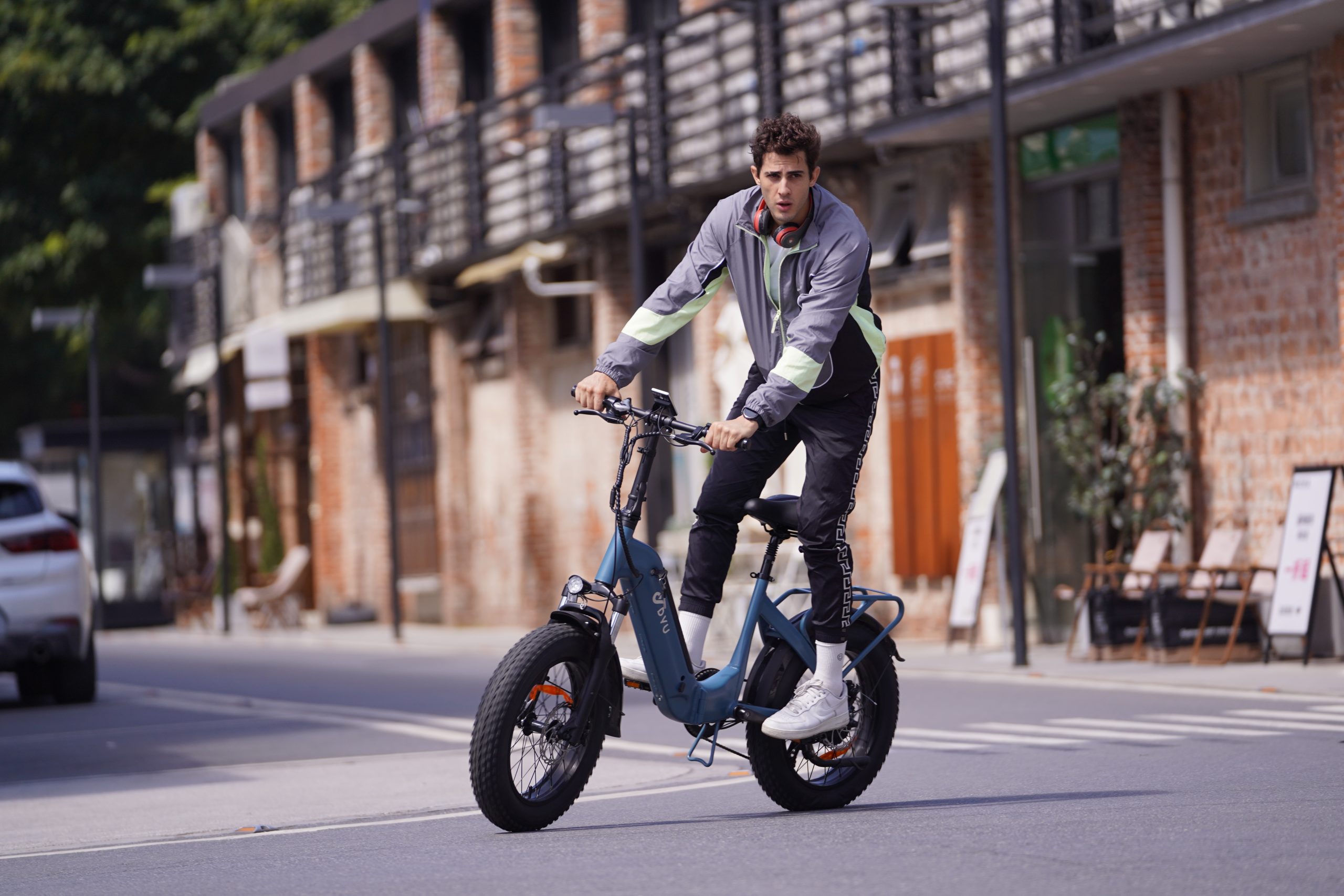

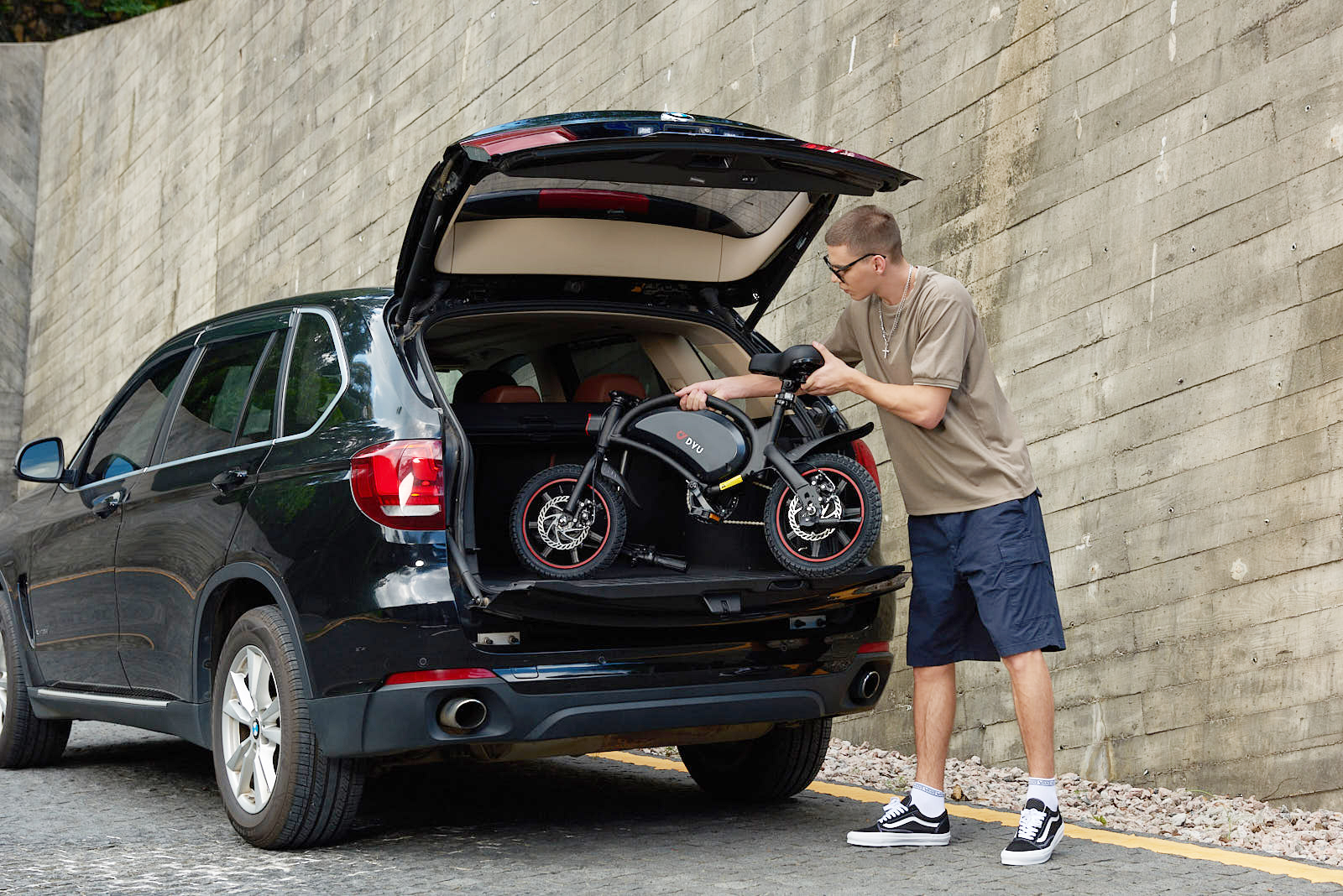
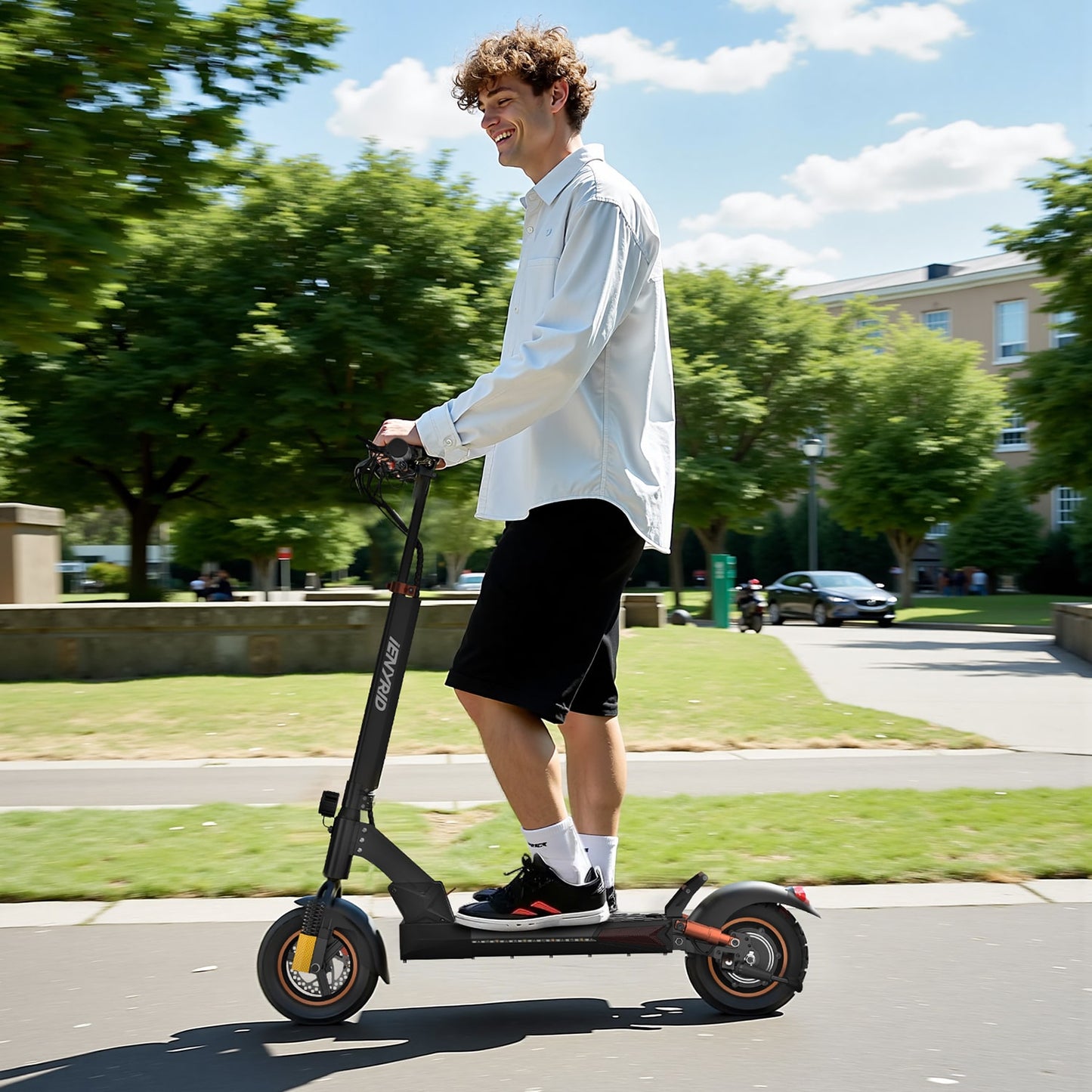
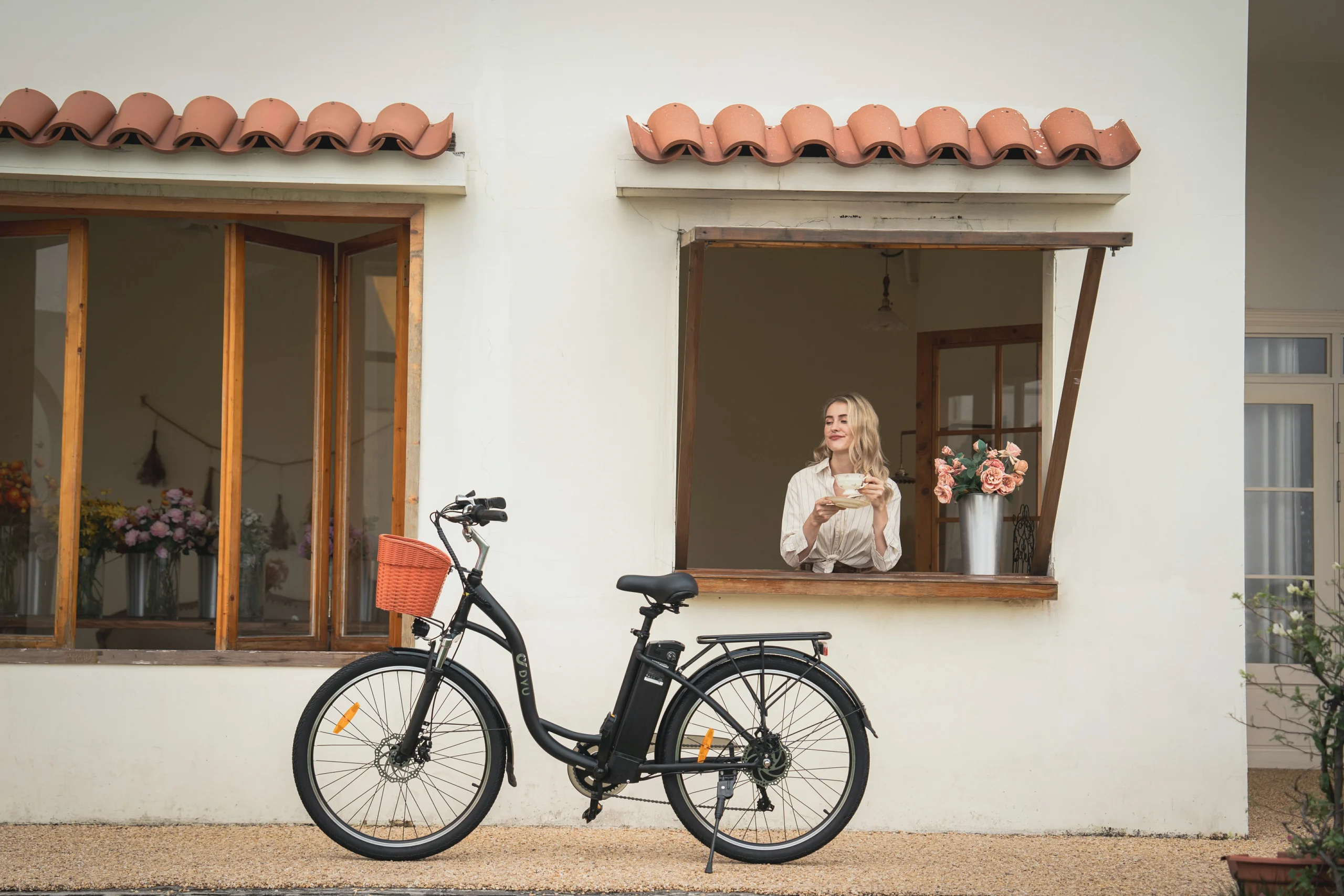
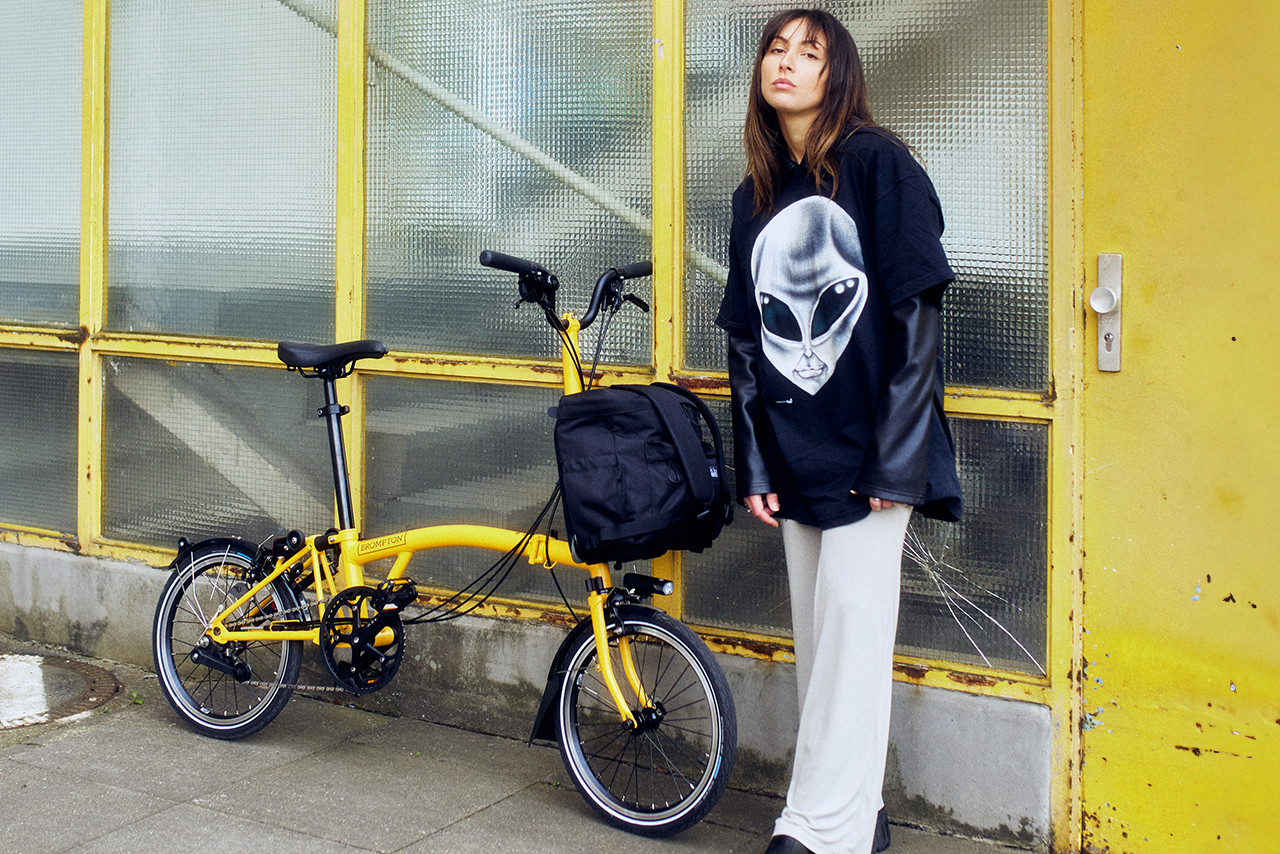
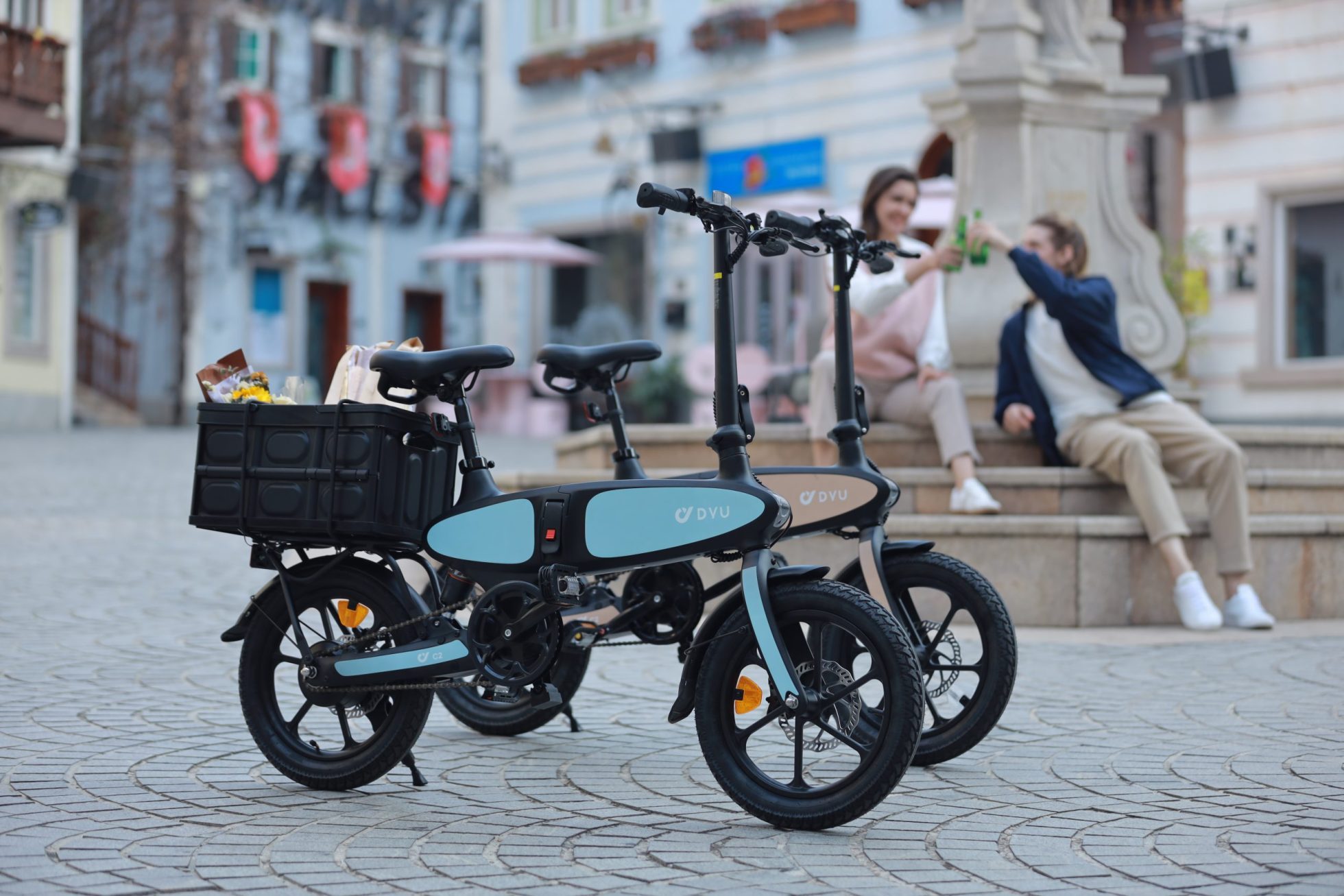
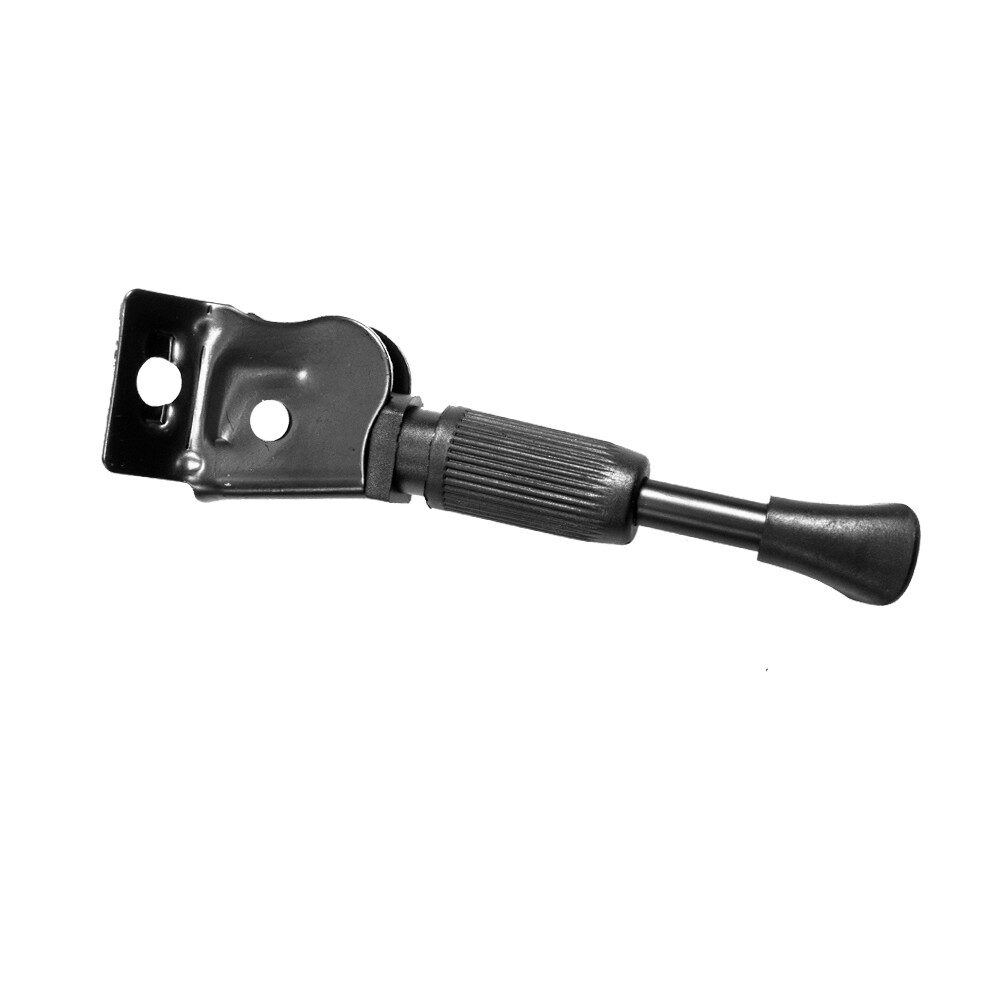
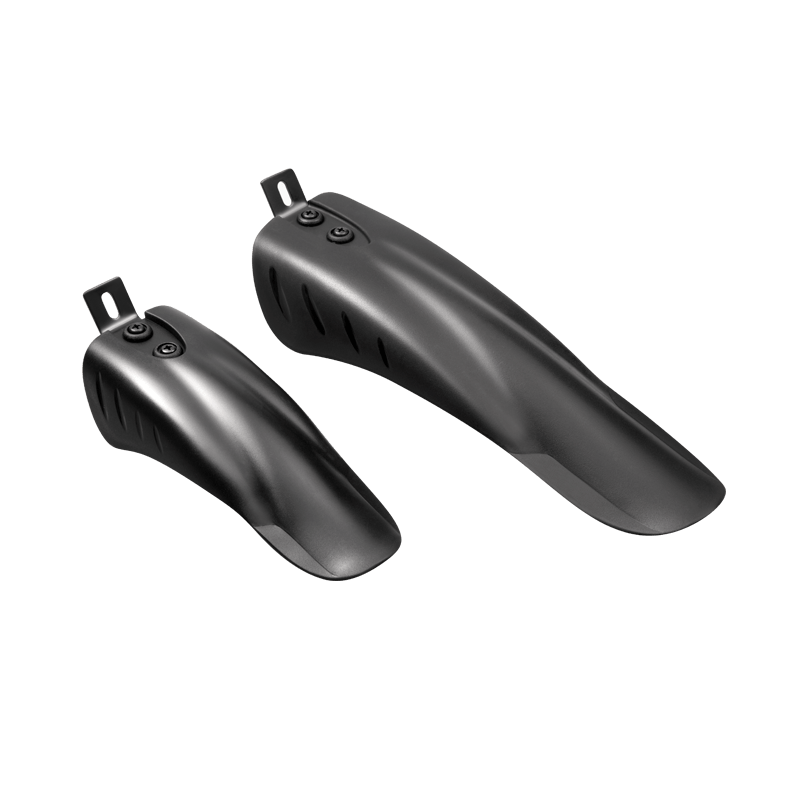
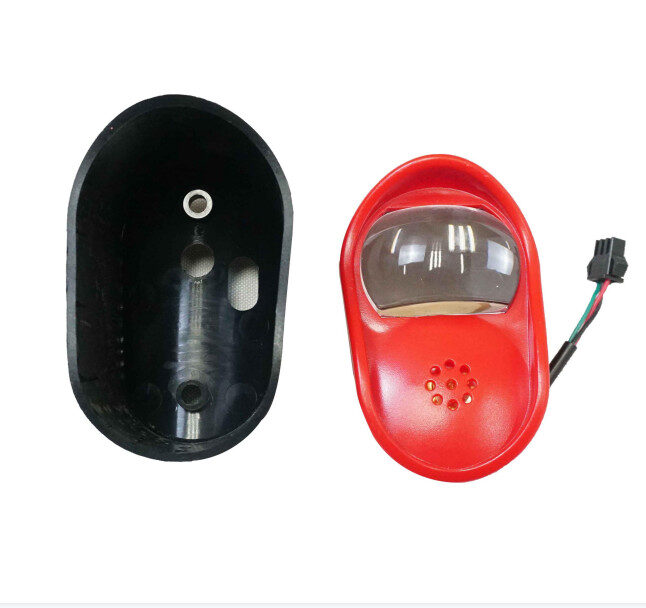
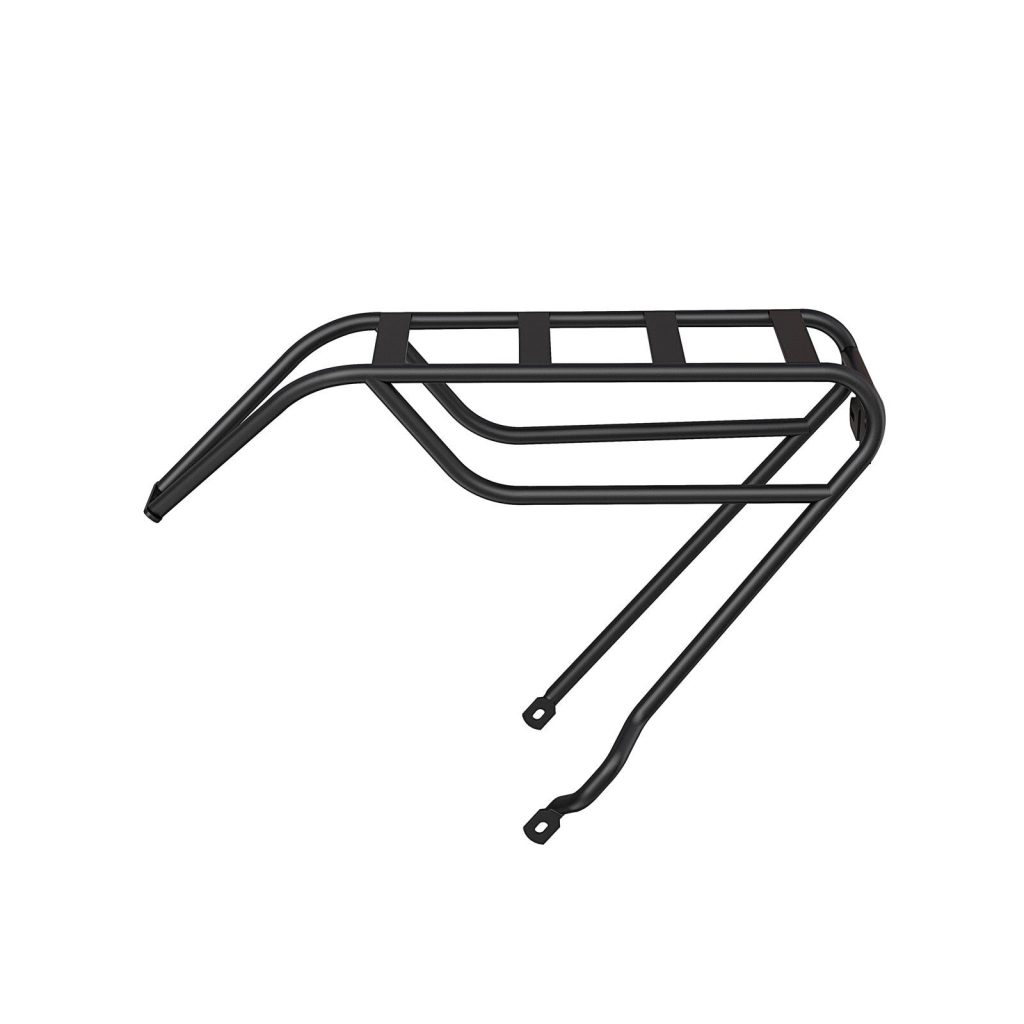
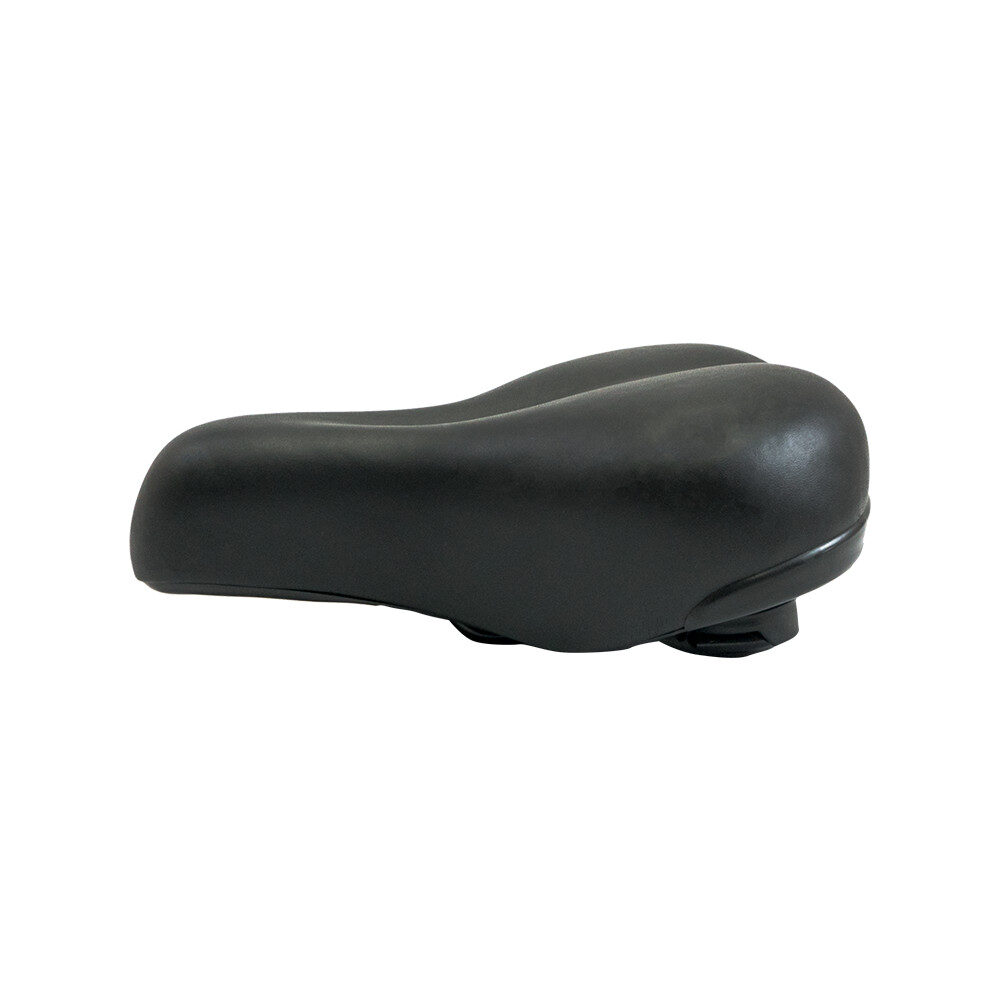
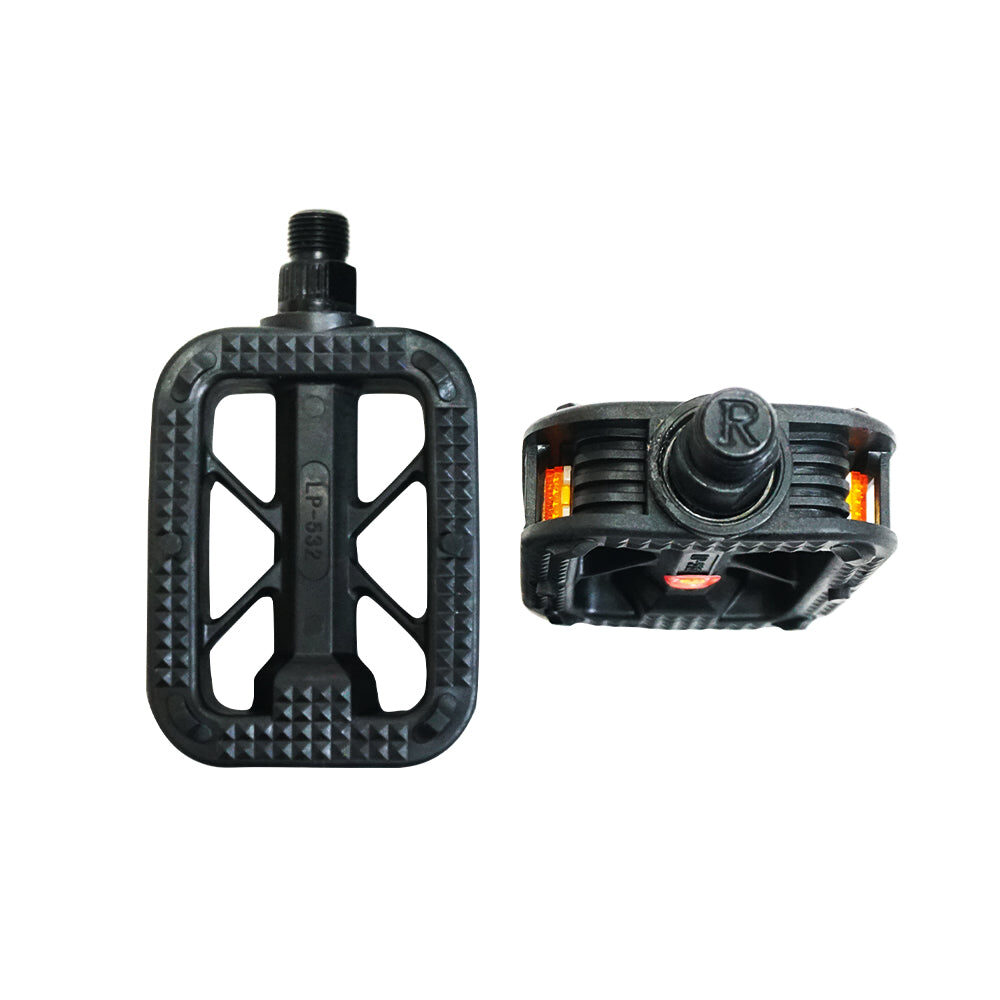
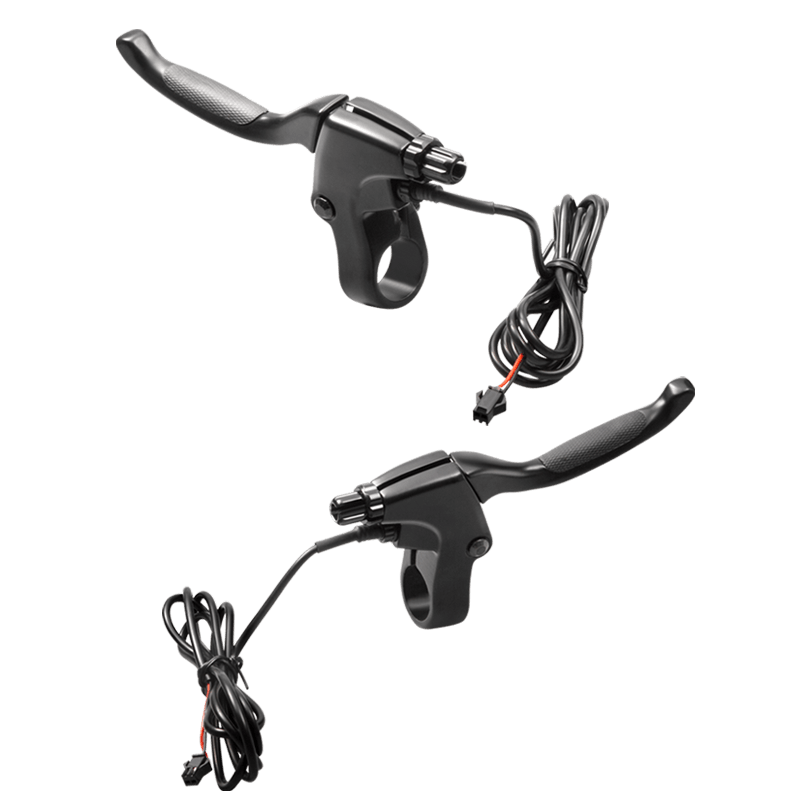
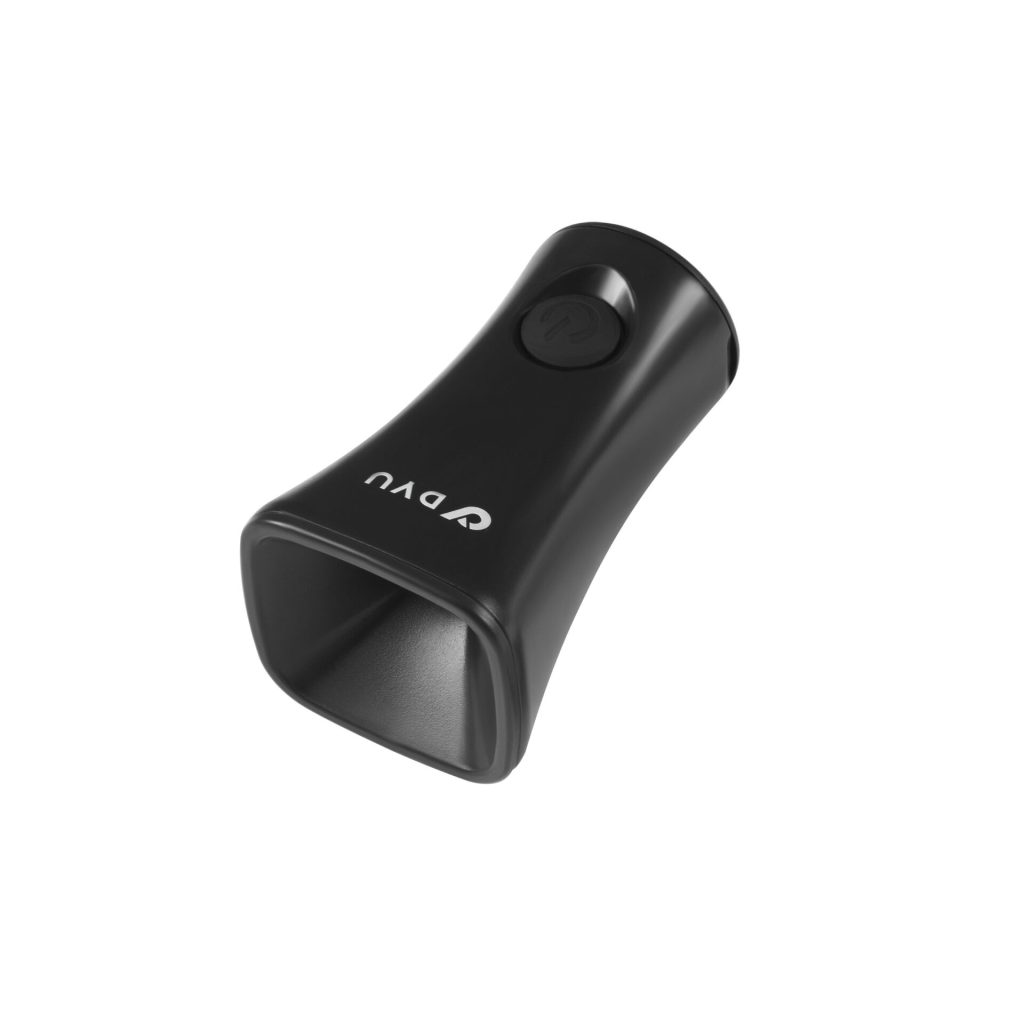

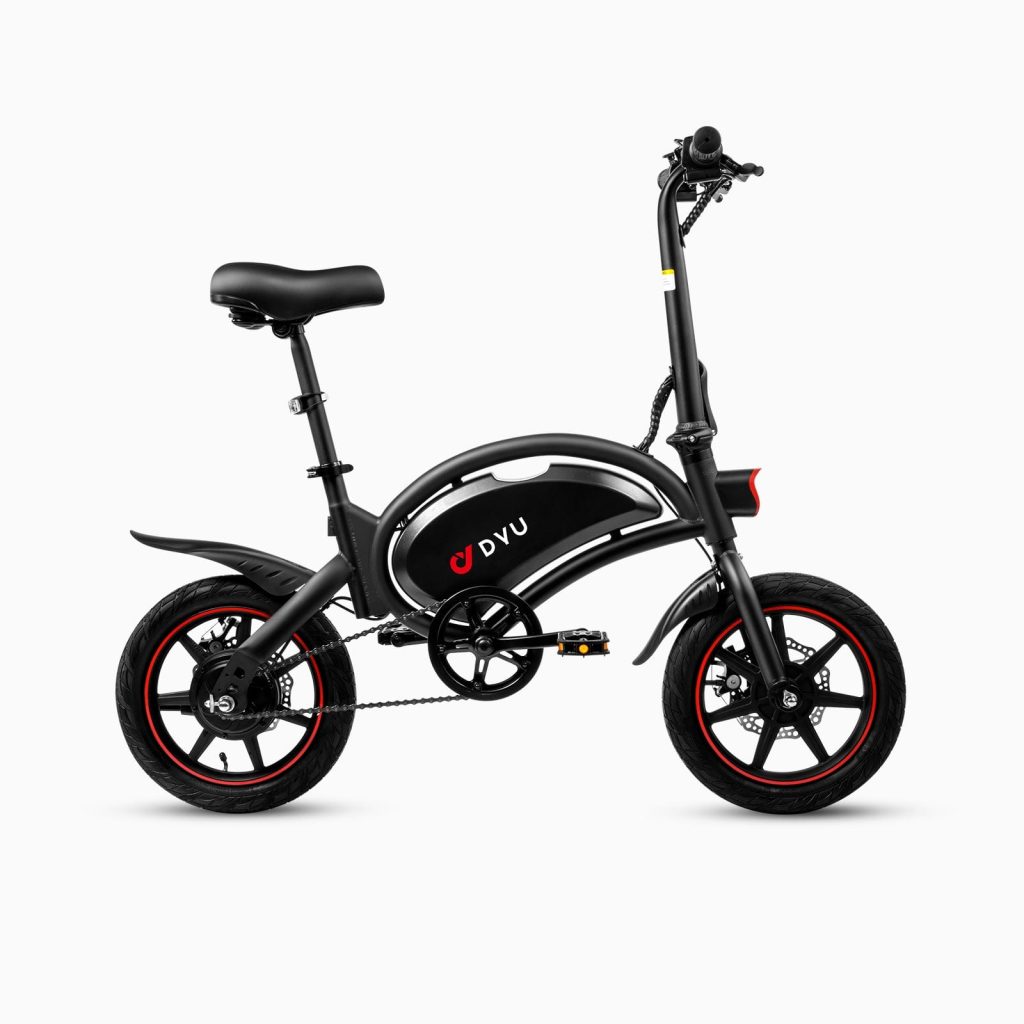
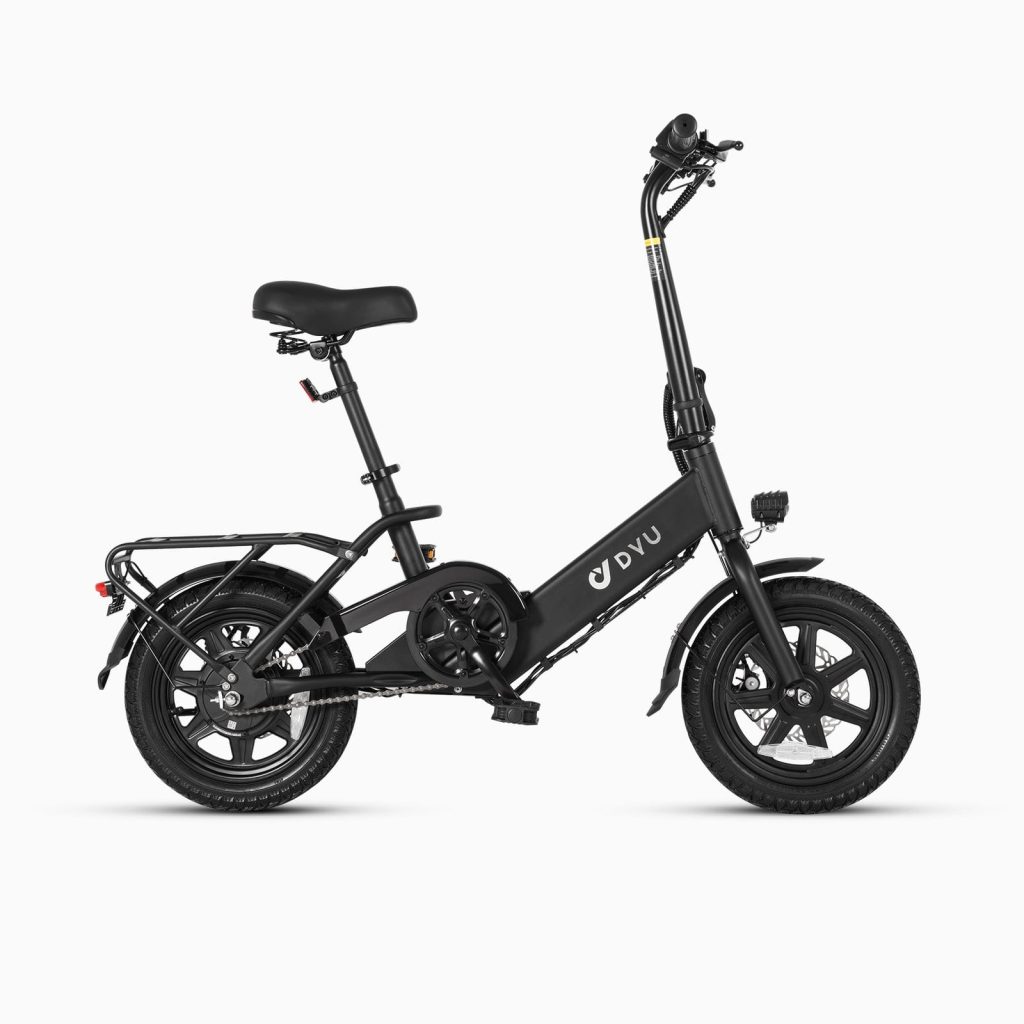
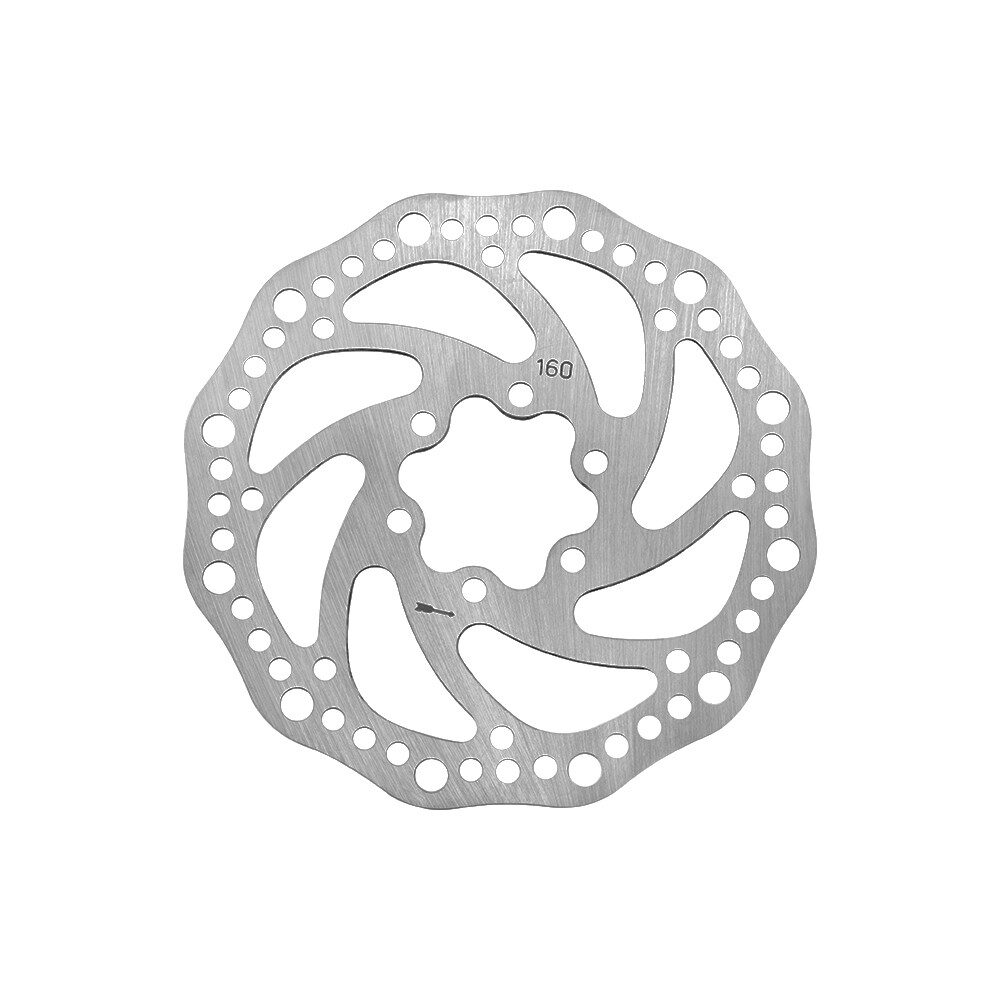
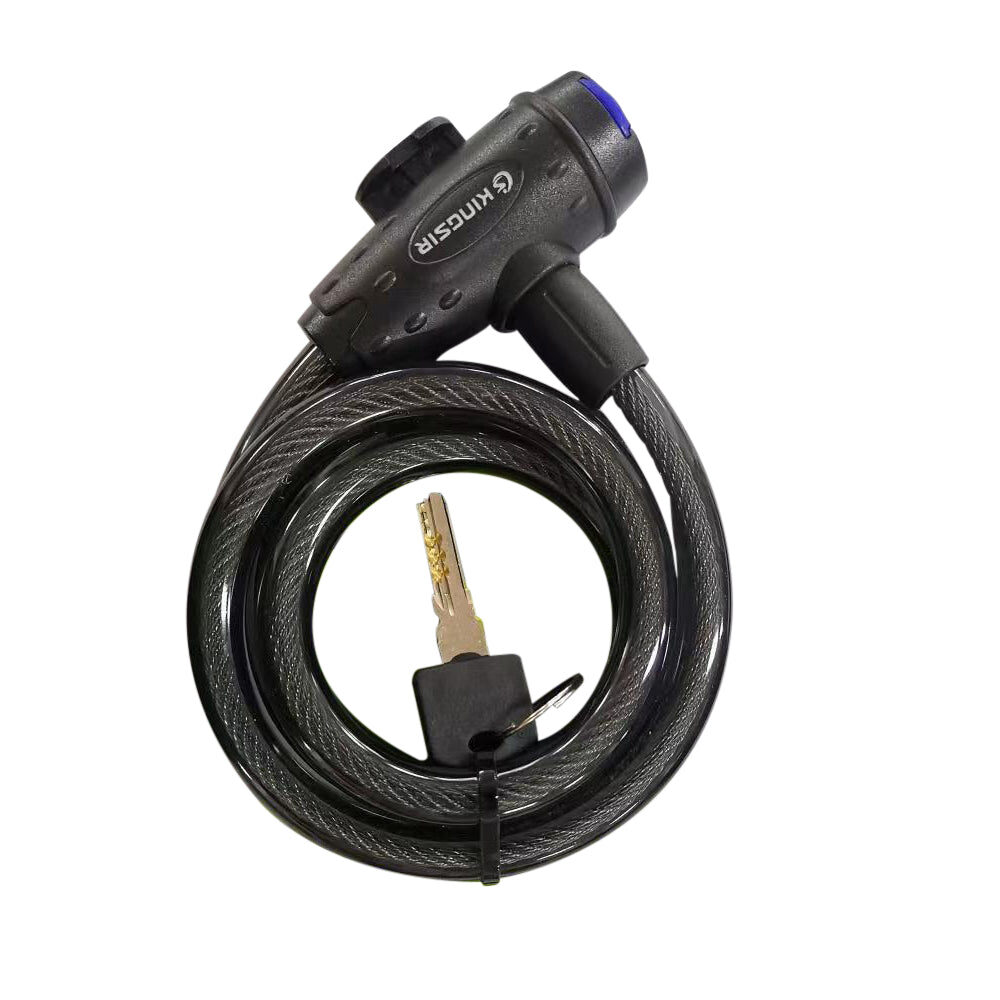

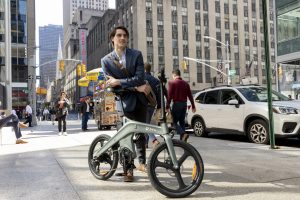

4 comments
Eileen
The DYU looks bulky — is it practical for commuting?
Daniel Novak
It depends on your commute. If you mostly ride straight to work and park, it’s fantastic: stable, powerful, and reliable. But if your routine involves lots of folding and carrying, its size and weight could be a drawback.
Derek
I’ve been riding the FF500 for a month now — the motor feels powerful, especially on hills.
Agnes
Appreciate the honesty about the weight — most reviews skip that part.